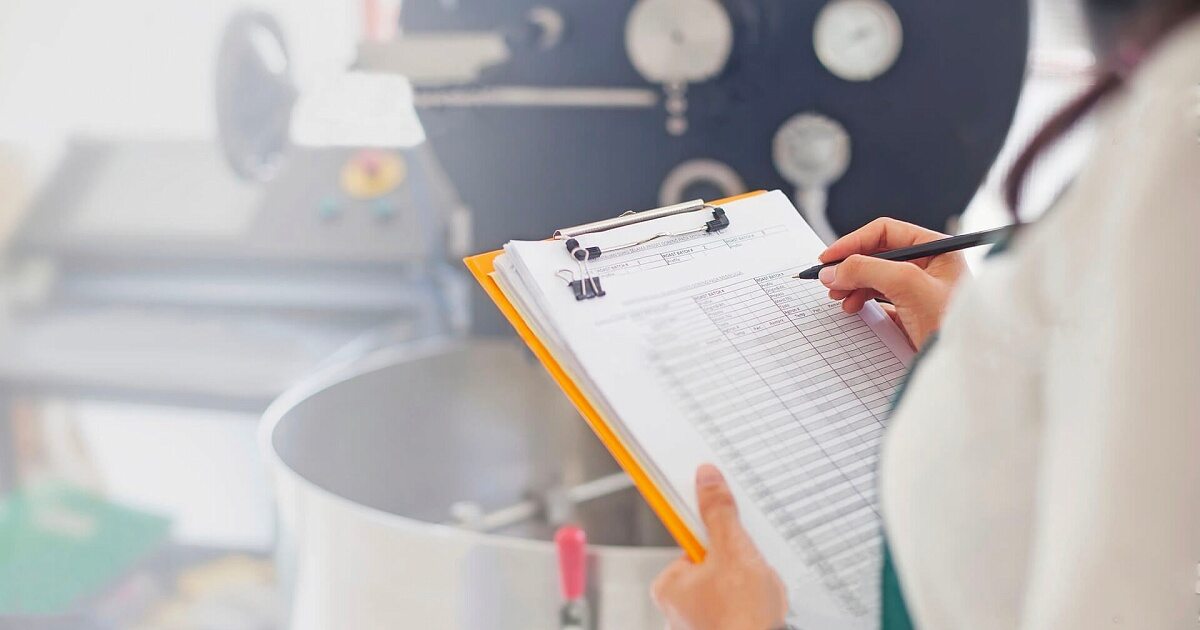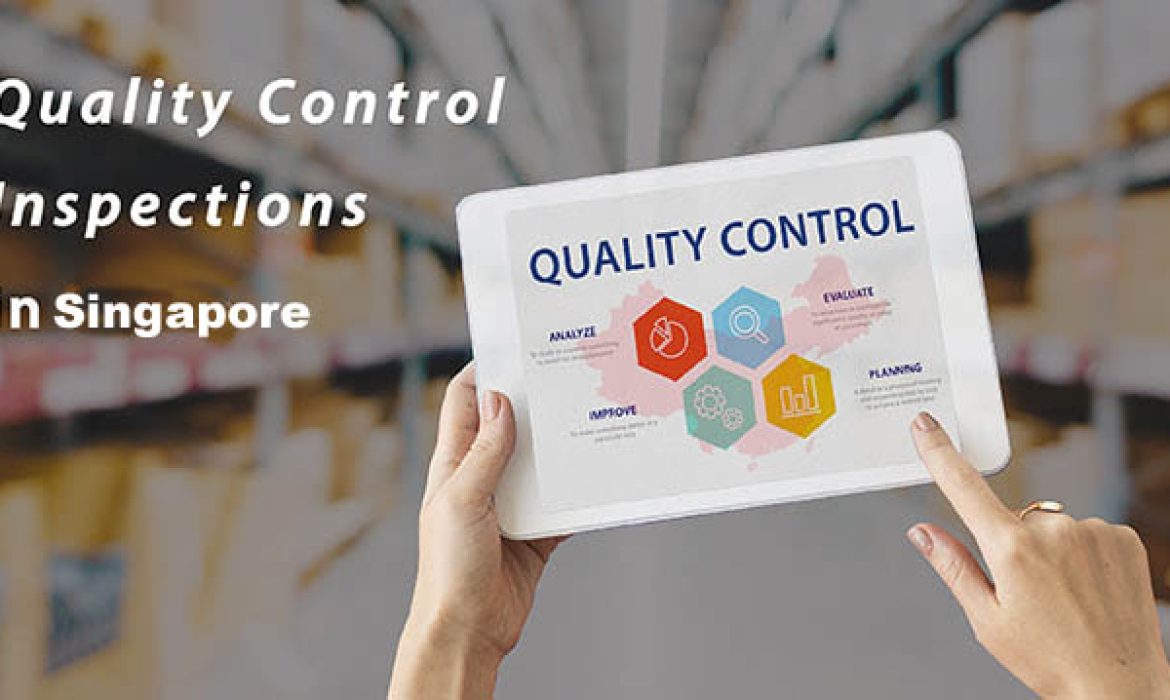Imagine buying a product and discovering it doesn’t work as promised. Frustrating, right? That’s where quality control inspectors come in. They ensure products meet standards before reaching customers. Let’s explore their role in detail.
Who Are Quality Control Inspectors?
Quality control inspectors are professionals who examine products and materials to ensure they meet specific standards. They work in various industries, including manufacturing, food production, and electronics, playing a pivotal role in maintaining product integrity.
Roles and Responsibilities of a Quality Control Inspector
1. Ensuring Product Standards
Quality control inspectors are the gatekeepers of product quality.
Inspection of Raw Materials
Before production begins, inspectors check raw materials to ensure they meet specified standards. This initial step prevents defects from creeping into the production process.
Monitoring Production Processes
During production, inspectors monitor various processes to ensure that standards are upheld. They identify issues early to prevent defective products from progressing further.
2. Conducting Product Testing
Physical Testing
Inspectors perform physical tests to evaluate the durability and appearance of products. This can include stress tests, impact tests, and other methods depending on the product type.
Functional Testing
Functional testing ensures that products operate as intended. For example, in electronics, inspectors would check that each device performs its required functions without errors.
3. Documentation and Reporting
Recording Inspection Results
Every inspection leads to detailed records, which help track the quality over time and identify recurring issues.
Preparing Compliance Reports
Inspectors prepare reports to demonstrate compliance with industry standards and regulations, which are often mandatory for legal or market reasons.
4. Ensuring Regulatory Compliance
Adherence to Industry Standards
Quality control inspectors ensure that products meet all applicable standards, which can vary greatly across different industries.
Coordination with Regulatory Bodies
They also work with regulatory agencies to ensure all certifications and approvals are obtained.
5. Training and Supervising Staff
Training Production Workers
Inspectors often train production staff on quality standards to prevent defects during the manufacturing process.
Supervising Quality Control Teams
Supervising a team of quality control inspectors is another key role, ensuring that all quality control activities are consistent and effective.
Daily Tasks of a Quality Control Inspector

A typical day for a quality control inspector might include:
- Pre-Production Checks: Ensuring materials and components meet quality standards before production begins.
- In-Process Inspections: Checking products at various stages of production to catch issues early.
- Final Inspections: Performing thorough checks on finished products to ensure they are market-ready.
- Documentation: Recording findings and maintaining detailed inspection records.
Skills Required for Quality Control Inspectors
To excel as a quality control inspector, several skills are essential:
- Attention to Detail: Meticulous attention to detail is crucial to identify even minor defects or inconsistencies.
- Technical Proficiency: A strong understanding of the production process and the ability to use specialized tools and equipment.
- Analytical Skills: Ability to analyze and interpret data to make informed decisions.
- Communication Skills: Effective communication to report findings and suggest improvements.
- Problem-Solving: Identifying issues and suggesting solutions.
Types of Quality Control Inspections
There are various types of inspections, including:
- Incoming Inspection: Checking raw materials or components before they enter production.
- In-Process Inspection: Monitoring the product during manufacturing.
- Final Inspection: Examining the completed product before it is shipped to customers.
- Random Inspection: Conducting unplanned checks to ensure ongoing compliance.
Importance of Quality Control Inspectors
The role of a QC Inspector is vital in several ways:
- Maintaining Reputation: Ensures that only high-quality products reach the market, maintaining the company’s reputation.
- Compliance with Standards: Helps the company comply with industry regulations and standards, avoiding legal issues.
- Cost Efficiency: Identifying defects early in the production process saves costs related to returns, repairs, or recalls.
- Brand Reputation: Consistently delivering quality products builds trust and loyalty.
- Customer Satisfaction: High-quality products lead to increased customer satisfaction and loyalty.
Tools and Techniques Used
Quality control inspectors use a range of tools and techniques, such as:
- Calipers and Micrometers: For precise measurements.
- Visual Inspection: Using the naked eye or magnifying tools to identify defects.
- Testing Equipment: Machines that simulate product use to ensure durability.
- Statistical Sampling: Analyzing a sample of products to predict overall quality.
Challenges Faced by Quality Control Inspectors
Inspectors face several challenges, such as:
- High Standards: Meeting stringent quality requirements can be demanding.
- Time Constraints: Balancing thorough inspections with production timelines.
- Technological Changes: Keeping up with new inspection technologies and methods.
- Human Error: The risk of overlooking defects due to repetitive tasks.
How to Become a Quality Control Inspector
Becoming a quality control inspector typically involves:
- Education: A high school diploma or equivalent, with some positions requiring additional technical training or certifications.
- Experience: On-the-job training or experience in related fields like manufacturing or engineering.
- Certifications: Obtaining certifications from recognized bodies, such as the American Society for Quality (ASQ), can enhance job prospects.
Industries That Employ Quality Control Inspectors

Quality control inspectors are needed in various industries, including:
- Manufacturing: Ensuring products meet specifications before distribution.
- Food and Beverage: Maintaining safety and quality in consumables.
- Pharmaceuticals: Ensuring medicines are safe and effective.
- Electronics: Checking components and devices for functionality and safety.
Quality Control vs. Quality Assurance
While they sound similar, quality control and quality assurance are distinct:
- Quality Control: Focuses on identifying defects in the final product.
- Quality Assurance: Involves improving processes to prevent defects from occurring.
Benefits of Quality Control Inspections
Quality control inspections offer several benefits:
- Enhanced Product Quality: Ensuring only high-quality products reach the market.
- Increased Efficiency: Identifying and addressing issues early saves time and resources.
- Customer Loyalty: Delivering consistent quality fosters trust and repeat business.
- Competitive Advantage: High-quality products stand out in the marketplace.
Conclusion
Quality control inspectors are the unsung heroes ensuring that products meet the necessary standards before they reach consumers. Their role is vital in maintaining quality, safety, and customer satisfaction across various industries. By understanding their responsibilities, skills, and challenges, we can appreciate the importance of their work in our daily lives.
FAQs About Quality Control Inspectors
1. What qualifications do I need to become a quality control inspector?
Typically, a high school diploma or equivalent is required, along with technical training or certifications in some cases.
2. What industries hire quality control inspectors?
Industries like manufacturing, food and beverage, pharmaceuticals, and electronics commonly employ quality control inspectors.
3. What tools do quality control inspectors use?
They use tools like calipers, micrometers, visual inspection aids, testing equipment, and statistical sampling methods.
4. How do quality control inspectors ensure product quality?
By conducting thorough inspections at various stages of production and documenting their findings for continuous improvement.
5. What is the difference between quality control and quality assurance?
Quality control focuses on detecting defects in products, while quality assurance aims to improve processes to prevent defects.



